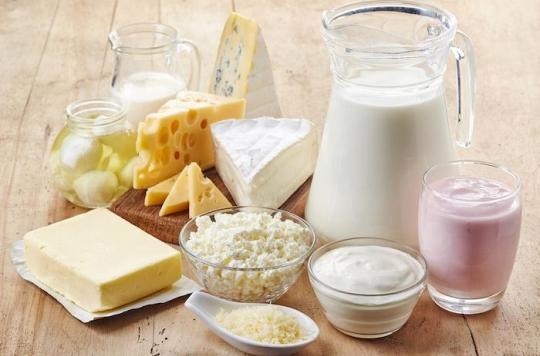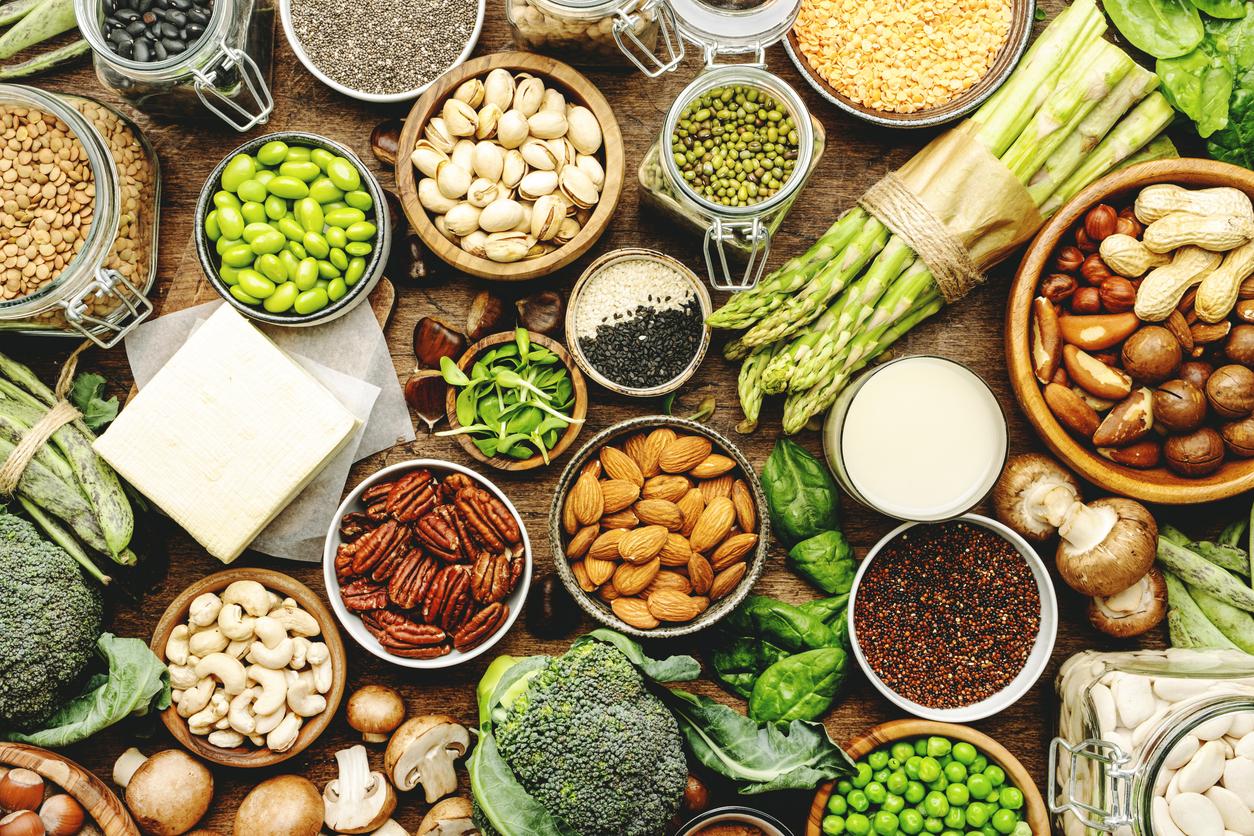Whether in drinks, dairy products or cakes, low-fat products have become an important part of the food industry. But contrary to popular belief, not all are good for you. Here’s how to sort it out.

The European regulation specifies that in order to be able to affirm that a product is “reduced” in a nutrient, the content of the latter must be reduced by at least 30% compared to a similar product.
Low-fat dairy products
Low fat dairy products are great for people who want to lose weight or who suffer from cholesterol because they reduce fat intake. Otherwise, taking the “light” versions is not necessary. “Low-fat dairy products are great for people who want to reduce their dietary fat intake – they have most of the nutritional benefits of dairy foods, while still having 25-100% less fat than their regular counterparts,” explains the nutritionist Malcolm Riley, in The Conversation.
Light drinks
Whether they are light or not, consuming sodas will always be bad for your health. While low-fat sodas contain fewer calories than others, they are, on the other hand, full of sweeteners (aspartame, stevia, etc.). Intended to preserve the sweet taste, these chemicals increase the risk of developing Alzheimer’s disease, having a stroke and worsening the symptoms of Crohn’s disease, for those who suffer from it. They also amplify the feeling of hunger and push the consumer towards the fattier and sweeter products. Finally, they seriously disrupt the intestinal flora.
Light cakes
Regarding light cakes, sold as “diet”, the impact on health is also generally negative. Regardless of the brand, these products are designed to satisfy snacking cravings, which are very harmful to weight gain. So yes, it will be better to eat a light cake at 4 p.m. than one sold as non-diet, but it will still be excess calories. From “empty calories“, what is more, which do not bring anything to the body, unlike unprocessed food products such as fruit for example. With this in mind, brands that offer to eat a” meal bar “instead of a real meal balanced put the health of consumers at risk.
Breakfast cereals
Last trap to avoid: breakfast cereals, many of which are sold as “slimming partners “. Ultra-processed, they do not bring much to the body and do not nourish enough to avoid munchies in the morning and afternoon. Their sugar intake, too high, favors also being overweight and triggering feelings of withdrawal.A person who consumes cereals for breakfast will, for example, have more desire to sweeten their coffee at 2 pm, and vice versa.

.















